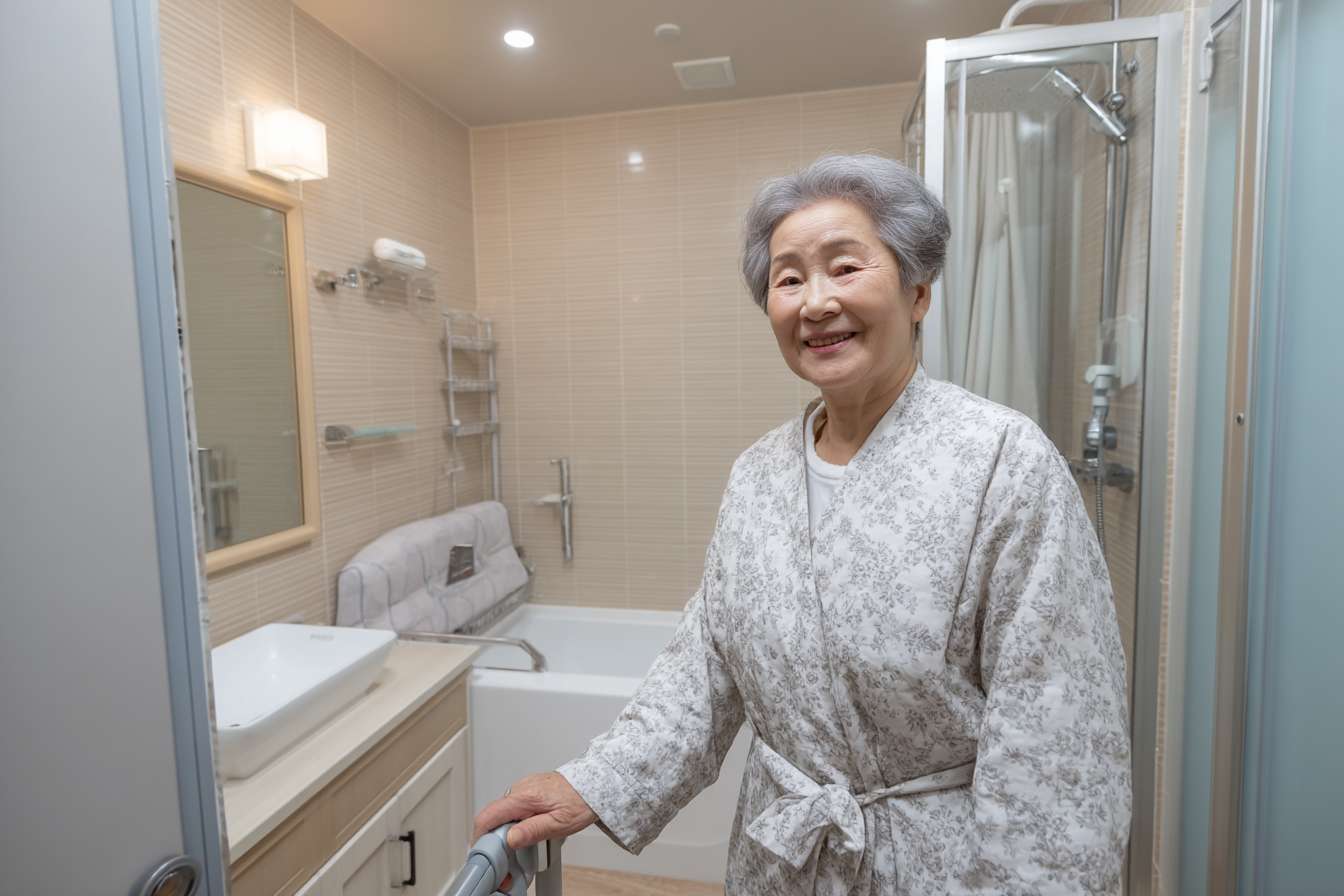5 Essential Steps for Staying Healthy After 50 in 2025
Reaching 50 is a pivotal milestone—a time to harness your gathered wisdom while prioritizing health. Here are 5 things to do after 50 to remain healthy: Maintain a balanced diet rich in fruits, vegetables, and lean proteins to manage weight and energy levels. Embrace regular exercise, like yoga or swimming, for physical and mental benefits. Monitor heart health with check-ups and dietary care.

The journey beyond 50 presents unique opportunities to refine your approach to health and wellness. While aging brings certain biological changes, research consistently shows that proactive lifestyle choices can significantly impact quality of life, energy levels, and longevity. Modern healthcare understanding has evolved to recognize that healthy aging is not about preventing the passage of time, but rather about optimizing how our bodies and minds adapt to change.
Many adults over 50 discover that this life stage offers newfound freedom to prioritize personal health without the competing demands of raising young children or establishing careers. This period can become a renaissance of self-care, where accumulated wisdom meets the motivation to invest in long-term wellbeing.
Prioritize Physical Activity
Regular movement becomes increasingly crucial after 50, though the approach may need adjustment from earlier decades. The goal shifts from performance-based fitness to functional strength, flexibility, and cardiovascular health. Weight-bearing exercises help maintain bone density, while balance training reduces fall risk.
Low-impact activities like swimming, walking, yoga, and resistance training with lighter weights can provide substantial benefits without excessive joint stress. The key is consistency rather than intensity. Adults over 50 should aim for at least 150 minutes of moderate aerobic activity weekly, combined with strength training exercises twice per week.
Many find that group fitness classes designed for mature adults provide both physical benefits and social connection, addressing multiple health needs simultaneously.
Focus on Nutrient-Dense Foods
Nutritional needs evolve significantly after 50, requiring a more strategic approach to eating. Metabolism typically slows, making every calorie more important for delivering essential nutrients. Protein requirements actually increase to help maintain muscle mass, while calcium and vitamin D become critical for bone health.
Emphasizing whole foods over processed options becomes particularly important. Colorful vegetables, lean proteins, whole grains, and healthy fats should form the foundation of daily meals. Many adults over 50 benefit from smaller, more frequent meals to support stable blood sugar and energy levels.
Hydration also requires more attention, as the sensation of thirst diminishes with age. Regular water intake supports kidney function, joint health, and cognitive performance.
Nurture Your Mental and Social Health
Mental wellness takes on new dimensions after 50, often requiring intentional cultivation of social connections and cognitive stimulation. This life stage may bring transitions like retirement, empty nesting, or caring for aging parents, all of which can impact emotional wellbeing.
Maintaining strong social networks proves crucial for mental health. Whether through community involvement, hobby groups, volunteer work, or regular contact with family and friends, social engagement provides emotional support and sense of purpose.
Cognitive health benefits from continued learning and mental challenges. Reading, puzzles, learning new skills, or pursuing creative interests help maintain mental sharpness and provide personal satisfaction.
Optimize Your Sleep
Sleep patterns naturally change with age, but quality rest remains essential for physical recovery, immune function, and cognitive performance. Many adults over 50 experience earlier bedtimes, more frequent nighttime awakenings, or changes in sleep depth.
Creating an optimal sleep environment becomes increasingly important. This includes maintaining consistent sleep schedules, limiting screen time before bed, keeping bedrooms cool and dark, and addressing any underlying sleep disorders like sleep apnea.
Some find that adjusting evening routines, avoiding large meals close to bedtime, and incorporating relaxation techniques can significantly improve sleep quality.
Stay Proactive with Health Screenings
Preventive healthcare becomes increasingly valuable after 50, when early detection of potential issues can make dramatic differences in outcomes. Regular screenings for conditions like cardiovascular disease, diabetes, osteoporosis, and various cancers are essential components of healthy aging.
Establishing relationships with healthcare providers who understand the specific needs of mature adults ensures comprehensive care. This includes not just primary care physicians, but potentially specialists like cardiologists, endocrinologists, or geriatricians depending on individual health profiles.
Many adults over 50 benefit from keeping detailed health records, including family medical history, current medications, and tracking of symptoms or changes. This information proves invaluable during medical appointments and helps ensure continuity of care.
The investment in health after 50 pays dividends in quality of life, independence, and longevity. While aging brings certain inevitable changes, the choices made in diet, exercise, social connection, sleep, and preventive care significantly influence how those changes impact daily life. The goal is not to turn back time, but to move forward with intention, wisdom, and commitment to wellbeing.
This article is for informational purposes only and should not be considered medical advice. Please consult a qualified healthcare professional for personalized guidance and treatment.




